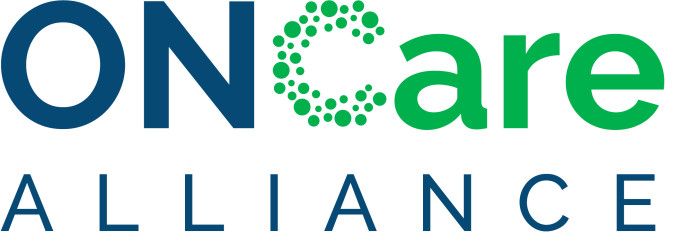
Dr Sibel Blau Highlights Reimbursement Concerns in Oncology

The economics of cancer care remain a major concern as practices try to figure out how to deal with the cost of providing cancer care, said Sibel Blau, MD, medical oncologist, Northwest Medical Specialties, and president and CEO, Quality Cancer Care Alliance (QCCA).
The economics of cancer care remain a major concern as practices try to figure out how to deal with the cost of providing cancer care, said Sibel Blau, MD, medical oncologist, Northwest Medical Specialties, and president and CEO, Quality Cancer Care Alliance (QCCA).
Transcript
Despite being in a pandemic, life and disease both go on. What are some of the other top issues that community oncology practices are focused on right now?
I think, if you're asking my opinion, and what's in my mind, among all the other regular stuff that we deal with every day, I worry about the economics and how it's going to affect us in the near future. What I'm talking about is the next 5 years or so. We know that there is an expected deficit in Medicare. Medicare [Part] A was supposed to run out of money by 2026. There are some reports that this could, because of the decline in the crisis, the health economic crisis that we're living in, this might come down to 2022, or 2023.
We are in the middle of developing value-based care organizations and alternative payment plans trying to figure out a way to deal with the cost of everything—anything from drugs to hospitalizations. But the reality is, we still—cancer just like you said, cancer or the disease does not go away. It still goes on. We have to be able to provide care to these patients.
So, I think our biggest challenge really is, other than doing our daily operations and trying to keep up with the load of the patients and adjust as we go, is to think about the future and how we're going to adapt ourselves to now going from OCM [Oncology Care Model] to OCF [Oncology Care First]. and the future payment plans where we can focus on improving the care, improving the quality of care, and reducing the cost. So, we can actually continue to provide care for our patients in the future.
And the Medicare population is growing. Baby boomers are becoming 65 in these years. In 2029, 20% of the baby boomers—American population—will be Medicare eligible. So, we have we have a big problem in front of us. So, as community oncology, I think we do have a responsibility and obligation to think about not just taking care of the patients that walk into the doors, but really try to think how we can contribute to this system by using innovative and efficient tools and methods to help our patients and help our practices.
Newsletter
Stay ahead of policy, cost, and value—subscribe to AJMC for expert insights at the intersection of clinical care and health economics.








